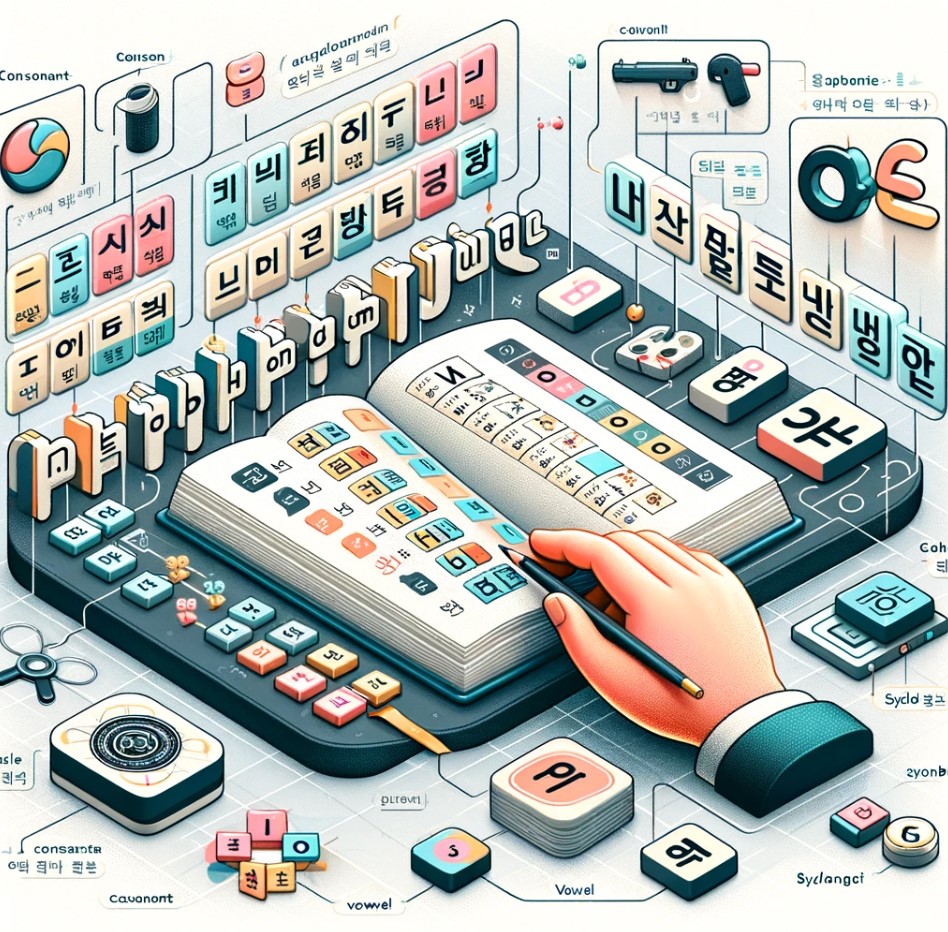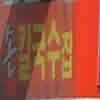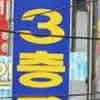Introduction to the Korean Language and Alphabet (Hangul) Lesson
Welcome to the fascinating world of the Korean language and its unique alphabet, Hangul! Whether you're a language enthusiast, a cultural explorer, or someone looking to dive into the rich tapestry of Korean culture, understanding Hangul is your first step into a broader, more connected world.
What is Hangul?
Hangul is the official alphabet of the Korean language, known for its scientific and systematic approach to writing. Unlike other writing systems that can be complex and hard to learn, Hangul stands out for its simplicity and efficiency. It was created to be easy to learn and use, a feature that has contributed significantly to literacy throughout Korean history.

The History of Hangul
Hangul was introduced in the 15th century by King Sejong the Great, a beloved monarch of the Joseon Dynasty. Before Hangul's creation, Koreans primarily wrote using Classical Chinese characters, which were not only difficult for the common people to master but also did not accurately represent the Korean spoken language. Recognizing the need for a more accessible and reflective writing system, King Sejong commissioned a team of scholars to develop Hangul in 1443, and it was officially promulgated in 1446.
This new alphabet was revolutionary. It consisted of 28 letters (of which 24 are in use today): 14 consonants and 10 vowels. The design of the characters was inspired by the shapes made by the mouth, tongue, and teeth when making the sounds. This intuitive design made Hangul one of the most scientific alphabets in existence.
The Significance of Hangul
The creation of Hangul was not just a linguistic achievement but also a profound assertion of Korean identity, innovation, and accessibility to education. Before Hangul, literacy was the domain of the elite who had the means to study Classical Chinese. Hangul democratized reading and writing, making these skills accessible to all layers of Korean society.
Hangul Day, celebrated on October 9th, commemorates the proclamation of Hangul and serves as a reminder of its importance in Korean culture and history. It is a symbol of pride and cultural identity among Koreans, reflecting the country's commitment to education and innovation.
Embracing Hangul Today
Today, Hangul is celebrated for its simplicity, effectiveness, and beauty. It is a critical component of the Korean cultural heritage and plays a vital role in the global spread of Korean culture, known as the "Hallyu" wave, through music, film, and literature.
Learning Hangul is not just about acquiring a new writing system; it's about connecting with the heart and soul of Korean culture. As you embark on this journey, you'll discover the joy of being able to communicate and understand a culture that has contributed significantly to global arts, technology, and philosophy.
Join us as we explore the depths of Hangul, from its historical roots to its modern applications. Whether you're a beginner or looking to deepen your understanding, there's always something new to learn about this incredible alphabet.
This content aims to capture the reader's interest in Hangul by highlighting its unique aspects, historical background, and cultural significance.
Next Lesson >>
Donate just £2 to use to help keep us FREE.


 Learn-Korean
Learn-Korean










